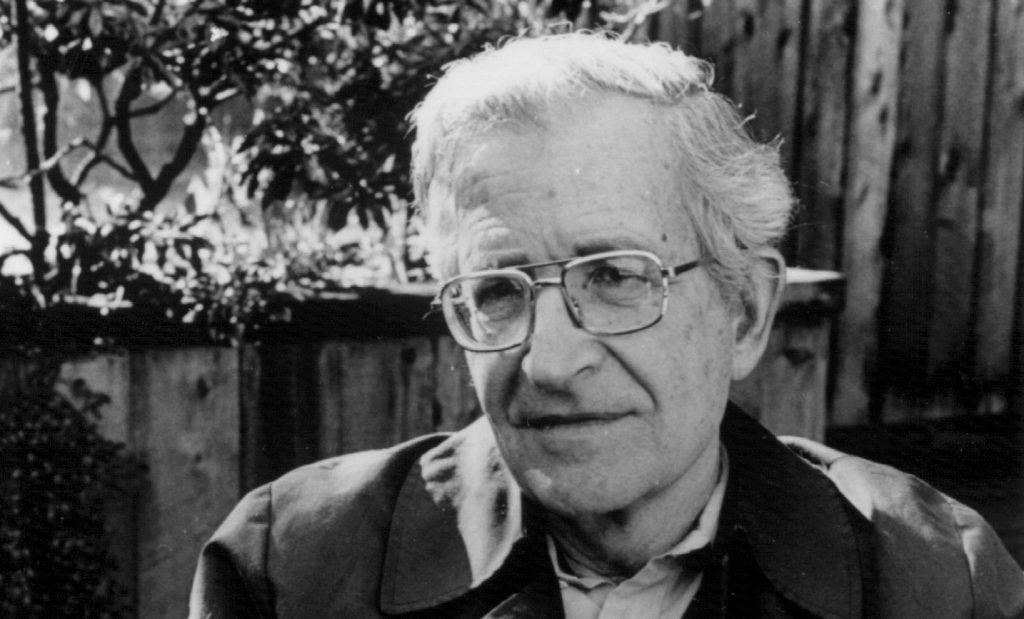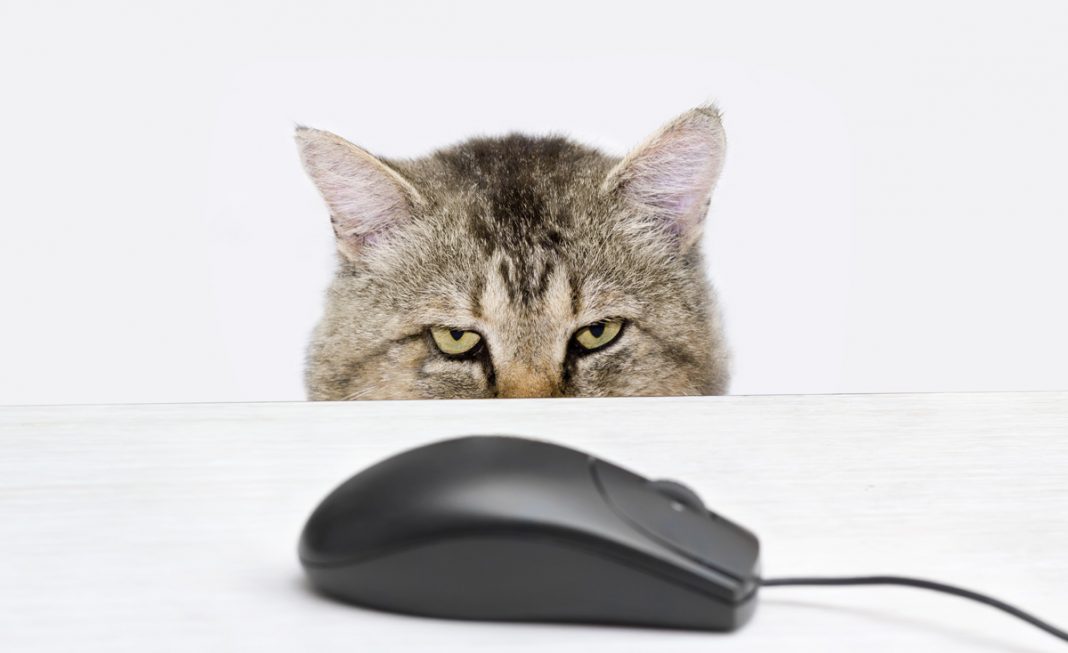Penn Valley, CA — A recent headline has easily out-shined the content of the actual article, readers reported on Monday.
The article in question, “Noam Chomsky Tweets Unsuccessfully,” was officially assigned into the “clickbait” category after the esteemed news site’s readership enthusiastically clicked on the headline only to find the content of the article to be dim-witted, shallow, and a pandering attempt to appeal to Noam Chomsky followers. Some readers had other motives.

“I check each day to see if they’re using my name,” said Shelley Wagner of Grass Valley in a telephone interview, “and I didn’t find it, but I saw this article on Norman Chumsky or whatever, and Twitter or something, so I clicked on it. But I didn’t understand the article.”
When writing articles in the noisy Internet era, many outlets use misleading or misrepresentative headlines and sensational images to attack the attention of their readership. This kind of activity is referred to as “clickbait,” which is a pejorative term describing web content that is aimed at generating online advertising revenue, especially at the expense of quality or accuracy, relying on sensationalist headlines to attract “click-throughs” and encouraging forwarding of the material over online social networks. Clickbait headlines exploit the “curiosity gap,” providing just enough information to make the reader curious but not enough to satisfy their curiosity without clicking through to the linked content.

The publication has been known to publish odd or misleading articles in the past, which served no other purpose than to get social media users to click through to the website.
“They had this horrible article about cloning Robin Williams and Hitler,” commented Danni Schlozmeyer. “It was just plain horrible.”
It is unclear if the publication will continue this practice at the time of this writing.






